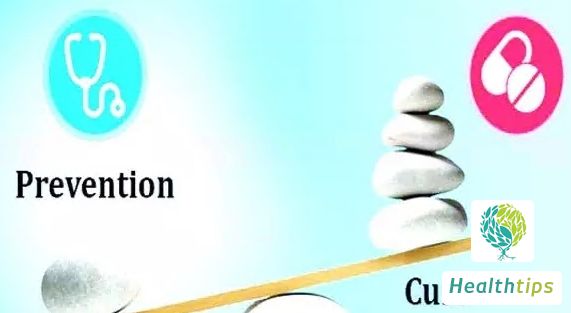"What Could Be the Underlying Cause of Blood in Stool without Accompanying Pain or Itching?"
Hematochezia Phenomenon
The phenomenon of hematochezia is prevalent in daily life, with causes ranging from minor to severe. Severe cases may signify colorectal cancer, while more common instances involve anorectal diseases such as hemorrhoids and anal fissures. In their early stages or when not severe, some cases may not elicit pain or itching but still warrant serious attention. It is advisable to visit a reputable hospital for examination, ascertain the underlying cause, and undergo targeted treatment.

Why doesn't hematochezia cause pain or itching?
1. Digestive tract diseases themselves, including esophageal/gastric varices rupture and bleeding, gastric and intestinal ulcers and inflammation, parasitic infections, tumors (polyps and cancer included), hemorrhoids, intussusception, anal fissures, and dry stool scratches. 2. Extradigestive systemic diseases like hematological disorders, acute infectious diseases, vitamin deficiencies, poisoning, or drug toxicity. 3. In children, hematochezia is often attributed to intestinal polyps, presenting as bright red blood without pain or stool-blood mixing. It can also stem from bacterial dysentery, intussusception, or blood system diseases. Among adults, the primary causes are hemorrhoids, anal fistulas, anal fissures, intestinal polyps, intestinal cancer, and inflammatory bowel disease.
What to do with hematochezia?
Firstly, address gastrointestinal issues by enhancing the intake of functional oligosaccharides in your diet. For dry stool, stachyose is particularly effective. As a nutrient that directly reaches the intestine, stachyose nourishes probiotics, fostering the proliferation of beneficial gut bacteria, inhibiting pathogens, alleviating intestinal inflammation, and accelerating ulcer healing. This restores intestinal health, prevents gastrointestinal disorders like colitis, enteritis, and gastritis, and aids recovery post-disease onset, effectively preventing and treating fecal bleeding.
Consider both internal and external treatments. Painless defecation accompanied by blood suggests "internal hemorrhoids." Conversely, pain and blood in the anus during defecation indicate "anal fissure." While these are common, using "Sanqi Huazhi Pill" internally and "Mayiling Musk Hemorrhoid Ointment (Suppository)" externally (inserted) can expedite recovery.
Drug conditioning involves brewing 朴硝 and pepper in a 10:1 ratio with boiling water for fumigation and washing. Alternatively, wash with warm water post-defecation, then apply Jiuhua Paste, Wubeizi Powder, or Huanglian Paste externally.



















